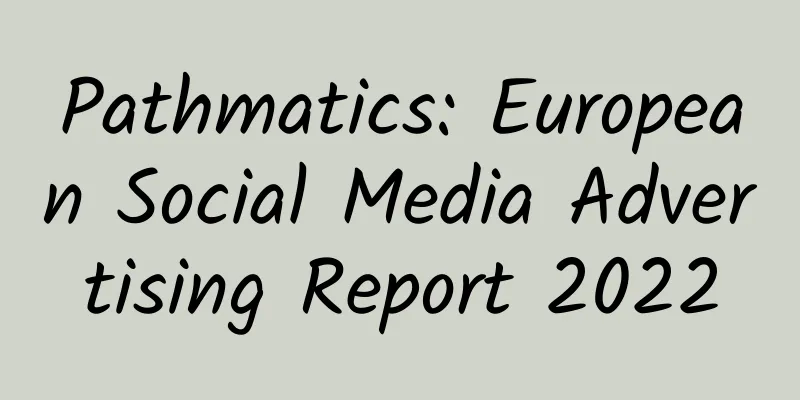How to treat pelvic inflammatory mass

|
Pelvic inflammatory disease is an inflammation caused by the combination of the uterus, ovaries and fallopian tubes of women. Therefore, when pelvic inflammatory disease occurs, women will feel pain in the lower abdomen. When pelvic inflammatory disease is serious, many masses will appear, and most of these masses are acute, so you must go to the hospital for treatment in time, otherwise the pain may be unbearable. So how to treat pelvic inflammatory masses? Pelvic inflammatory mass is one of the manifestations of pelvic inflammatory disease. Most of them are acute inflammations. Most of the pathogens are anaerobic bacteria. Some are combined with Gram-negative or Gram-positive bacteria. Very few are manifestations of tuberculosis. The possibility of viral infection is low. Recovery is generally possible through effective anti-inflammatory treatment, but the disease is prone to relapse in many cases, so it is important to prevent recurrence. It is recommended that you, first, pay attention to rest, strengthen nutrition, and enhance your own resistance; second, take a regular course of antibiotic treatment, preferably intravenous treatment, and the course of treatment is generally 7 to 10 days. After treatment, you need to go to the hospital for regular check-ups. If there is a lump due to pelvic inflammatory disease, the first thing to look at is the size of the lump. If it is smaller than 2.5, conservative treatment is recommended. If it is larger than 2.5, surgical treatment is better. The most common treatment for pelvic inflammatory disease is oral medication combined with vaginal administration and physical therapy, which will be more effective. There are also treatments such as Chinese medicine enema and Chinese medicine sitz bath, which are also very effective. Chronic pelvic inflammatory disease is generally diagnosed based on medical history, symptoms, and B-ultrasound examination. Laparoscopic examination can also be performed. After pelvic inflammatory disease is confirmed, Chinese medicine conditioning can be used. Multifunctional ultrashort wave and Chinese medicine enema treatment can also be used. Ultrashort wave can significantly improve and promote local blood circulation, improve tissue nutritional status, and enhance metabolism to facilitate the absorption and disappearance of inflammation. The advantage of enema therapy is that enema Chinese medicine maintains a higher drug concentration, and minimally invasive laparoscopy can be used to treat pelvic inflammatory disease. Minimally invasive laparoscopic surgery for pelvic inflammatory disease is to directly observe the lesions of pelvic organs through the laparoscopic imaging system. : : : : : : : : : : : : : : : |
<<: Will high insulin levels affect menstruation?
>>: Is it normal to have my period only for three days?
Recommend
I haven't loved Fang Hanyu enough. Why did Chen Jiong break up? What is the ending of Fang Hanyu?
Every year when winter vacation comes, a large nu...
Identify the names of medicines | Metronidazole and Metronidazole, these two medicines differ by only one letter, so women should not make the mistake when using them!
Metronidazole Also known as metronidazole, it was...
Don't panic if you are infected with HIV--Xiaoji is here to give you some advice
Don't panic if you are infected with HIV--Xia...
Female Breast Sag Correction
Female friends are prone to sagging breasts becau...
Illustration of the happy pulse and normal pulse
The difference between a happy pulse and a normal...
Can I still do IVF after hysterectomy?
In the entire process of procreation, the uterus ...
What causes early menstruation?
Every woman has a fixed menstrual cycle. It is ab...
Is it a good thing that limbs become stronger after a stroke?
During the recovery period, some stroke patients ...
The best time to treat postpartum disease
Postpartum disease refers to a disease caused by ...
What to do if pregnant women have stomach fire
Pregnant women cannot take any medicine to treat ...
What are the precautions after biochemical pregnancy?
Compared with biochemical pregnancy and abortion,...
How big is the gestational sac when it starts to have echoes
The gestational sac changes as the pregnancy prog...
What should I do if I have been to Wuhan recently? Will I be infected with pneumonia if I go to Wuhan?
Recently, the news of the unknown pneumonia in Wu...
What will happen if pelvic inflammatory disease is not treated? The harm is immeasurable
Pelvic inflammatory disease is a common gynecolog...
Foods that promote implantation after ovulation
The implantation of the fertilized egg is the ent...









